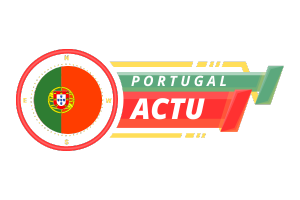
The origins of October 5th: the end of the monarchy and the beginning of the republic
October 5 is a day of capital importance in Portugal, marked not only by its status as a public holiday, but above all by the celebration of the passage of the country from monarchy to republic. But what makes this date so significant for the Portuguese? Let's go back to 1910, a historic turning point when Portugal made the radical choice to put an end to monarchy and embrace republican rule. Since then, October 5 has been synonymous with the commemoration of this major transformation in Portugal's political history.
Portugal's transition to a republic: discontent and the birth of the Republican Party
The transition process began in the last decades of the 19th century, against a backdrop of growing discontent with the monarchical government led by King D. Carlos. This discontent gave rise to the Portuguese Republican Party (PRP), openly advocating the abolition of the monarchy in the face of perceived inefficiencies in the current regime.
The 1908 regicide: A brutal turning point
The assassination of King Dom Carlos and his eldest son on February 1, 1908 in Lisbon's Praça do Comércio marked a brutal turning point in the country's history. This event, known as the regicide, precipitated the collapse of monarchical power. Despite the attempted succession of the youngest son, Manuel II, political instability intensified, eventually leading to the proclamation of the Republic on October 5, 1910.
The proclamation: A historic moment
The proclamation of the Republic took place at 9 a.m. in Lisbon's emblematic Paços do Concelho building, symbolizing the definitive overthrow of monarchical rule. Under the leadership of a provisional government presided over by Teófilo Braga, Portugal embarked on a new, revolutionary era. This period was marked by the adoption of a new Constitution in August 1911, inaugurating the first Portuguese Republic. Manuel de Arriaga was elected first President by Parliament on August 24, 1911, marking the start of a new political era for the country.

Redefined national symbols
In addition to institutional changes, the transition to the Republic also brought significant modifications to national symbols. The national anthem and flag were redefined to reflect republican values and ideals.
Annual October 5 celebration
Every year, October 5 is celebrated across the country with military parades and various commemorative events, particularly in Lisbon. The official ceremonies take place in Lisbon's Praça do Município, where speeches by the President of the Republic and the Prime Minister are held. presidentspeeches are made by the mayor of Lisbon and other political figures. The celebrations also include a solemn ceremony where the national flag is raised to the sound of the national anthem, performed by the GNR Band, symbolizing national unity and pride.









